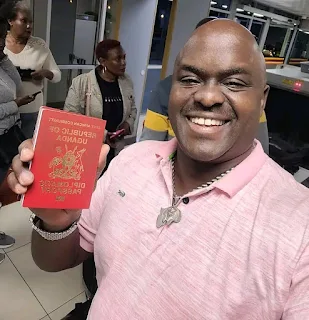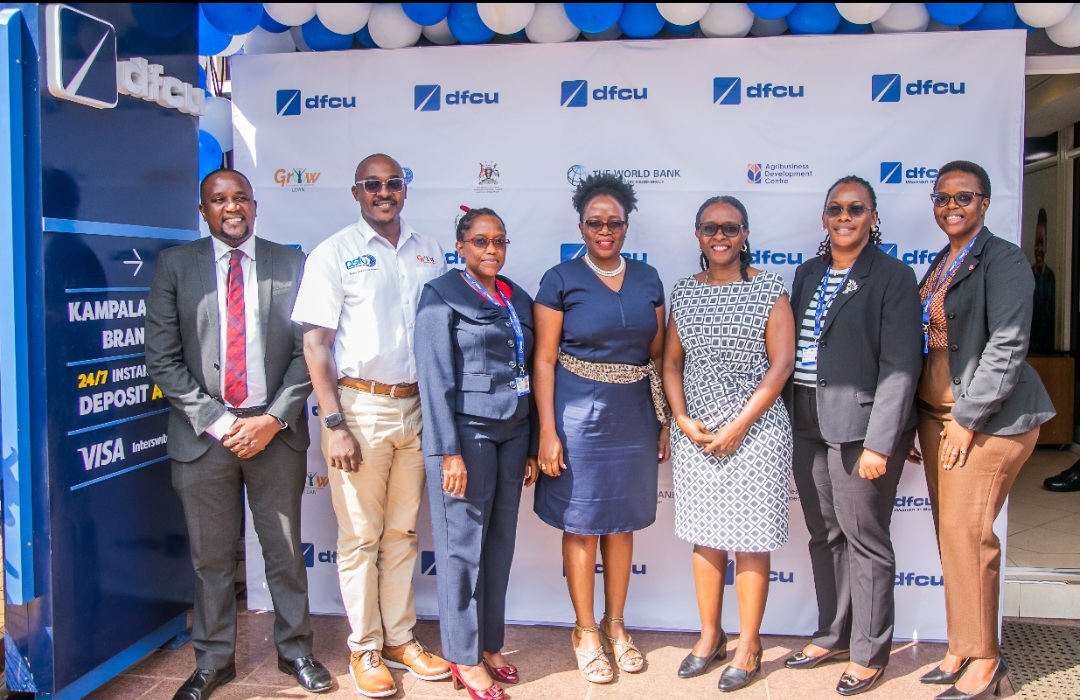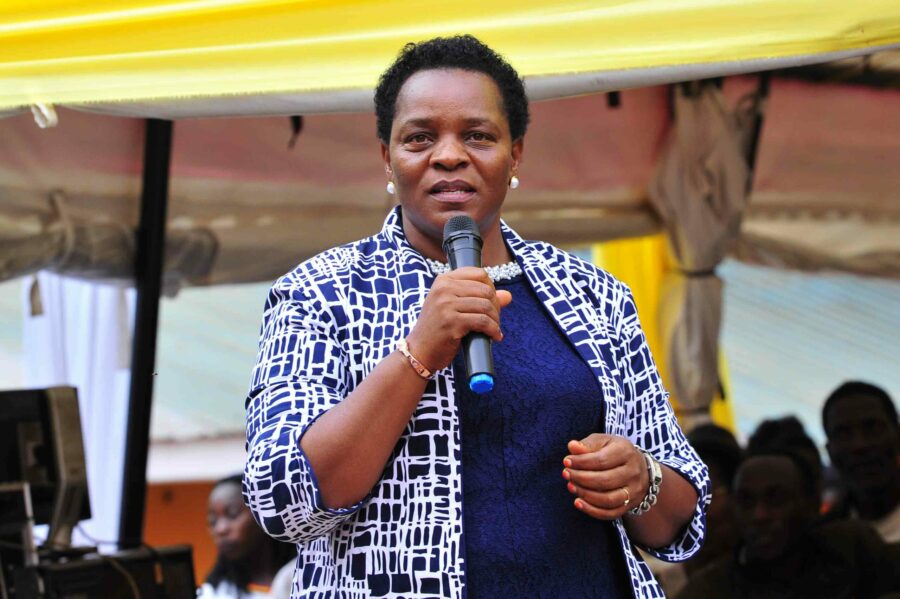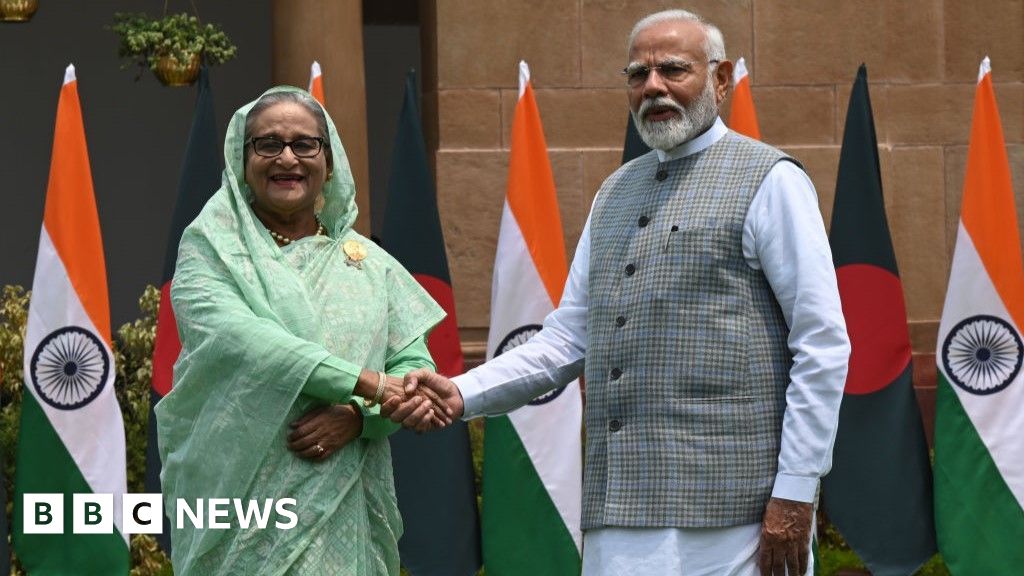REMMY WAMIMBI: Why Ndere Centre Is Worth Saving: An Africanist Perspective
It is a banal yet consequential feature of lending business that loan agreements often lack frustration and force majeure clauses. When they do appear, the tendency will favor lenders’ interests. It is therefore not uncommon to find, for example, mortgage deeds stipulating how a bank is not liable for failure to perform its obligations due […] The post REMMY WAMIMBI: Why Ndere Centre Is Worth Saving: An Africanist Perspective appeared first on Watchdog Uganda.
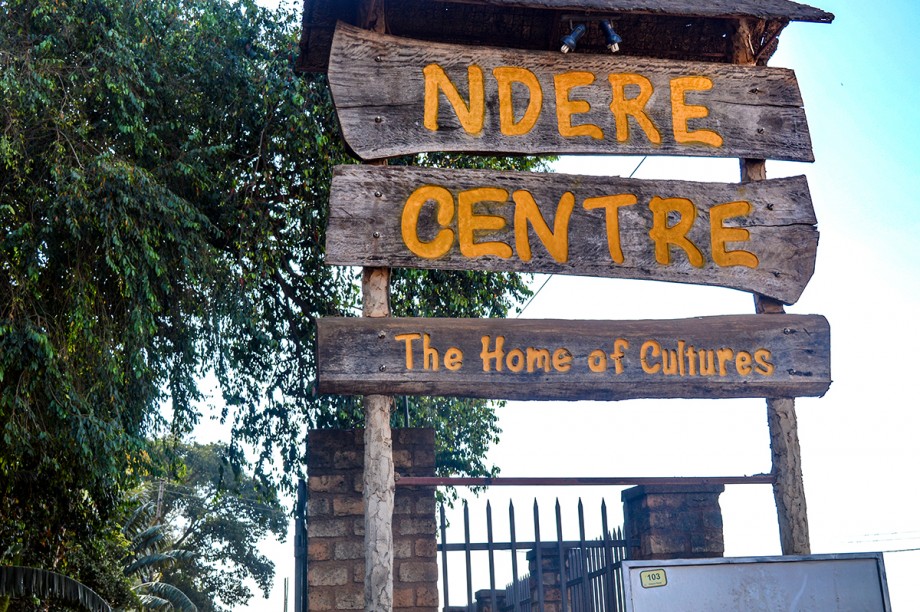
It is a banal yet consequential feature of lending business that loan agreements often lack frustration and force majeure clauses. When they do appear, the tendency will favor lenders’ interests. It is therefore not uncommon to find, for example, mortgage deeds stipulating how a bank is not liable for failure to perform its obligations due to reasons beyond its control, while the reciprocal provision is absent for the borrower.
Similarly, court precedents in common law jurisdictions tend to give lenders the benefit of the interpretation on frustration and force majeure events surrounding loan agreements, painting a dim picture for borrowers in jeopardy.
For Ugandan borrowers, this picture is further dimmed by the absence of in duplum rules—currently in force in the other neighboring EAC partner states of Rwanda and Kenya—that operate to interdict escalating loan interest when it reaches a certain point, making redemption of encumbered property an even more daunting task for borrowers in distress.
In the specific case of Ndere centre, a loan obtained from Uganda Development Bank (UDB) has turned non-performing due to among other factors COVID-19 related challenges and escalating loan interest according to its proprietor Dr. Stephen Rwagyenzi, imperiling the future of the Ndere cultural project. Ndere, which has evolved from the magnum opus of one man into a repository of national culture, has earned a significant amount of goodwill for its cultural work over the years, and surely deserves a fair degree of latitude in as far as meeting its loan obligations is concerned.
It was Milan Kundera, the Czech writer, that observed that when culture wanes “before long a nation will begin to forget what it is and what it was. The world around it will forget even faster.” Marcus Garvey espoused a similar view, noting that “a people without the knowledge of their past history, origin and culture is like a tree without roots.” Their words ring truer now than ever before, when we live in an age of increasing cultural dissonance and ‘amnesia’, precipitated by accelerating globalization, advancements in communications technology and the emerging dominance of amoral artificial intelligence.
The attendant effects on African culture and identity left unmodulated are like the gray in radioactive zones like Chernobyl—pernicious, creeping, but ultimately perilous to the human condition. What does this mean for the African project? And what guardrails are Africans putting in place to preserve African culture and ultimately “Africanness” from the perennial gravitational pull of hegemony?
Institutions like Ndere play an important role in promoting and preserving Ugandan and African culture and heritage, and after all is said and done, considering Ndere’s social and cultural significance, I am not convinced that a forced sale of the centre advances Uganda Development Bank’s vision of fostering socio-economic development.
While secured creditors like UDB have rights of sale, such rights are discretionary, and less radical measures like appointing an administrator to bring Ndere back to profitability and repay the outstanding loan over time can be employed. Alternatively, a debt/equity swap, where a company in financial distress offers a lender equity in exchange for debt is another potentially viable option. The loan penalties also invite review: how reasonable is it to penalise a debtor for defaults triggered largely by COVID-19 lockdown measures? Considering that unlike other commercial banks the UDB was formed to advance socio-economic objectives of which culture is an indispensable component, these should not be controversial or unpalatable proposals.
In the realm of governance, shareholder theory postulates that the primary objective of management is to maximize shareholder value. In the case of UDB, conceptually, the bank’s shares are held by government in trust for Ugandans, which begs the question: what is the value of Ndere centre to the majority of Ugandans, and is its sale an agenda they would greenlight? What role can stakeholders like the Ministry of Gender, Labour and Social Development and Uganda National Cultural Centre play to see that this matter is resolved amicably?
While profit maximization is a laudable objective for any bank, in the case of Ndere, care must be taken not to win the battle but lose the war because, it is easier to destroy than to build a project as big as Ndere centre. We may come to the realization that the centre’s disposal was an error when it is past time to reverse course, for, what does it profit a man if he gains the whole world but loses his soul, and culture.
The writer is a lawyer and public policy analyst.
The post REMMY WAMIMBI: Why Ndere Centre Is Worth Saving: An Africanist Perspective appeared first on Watchdog Uganda.
What's Your Reaction?









